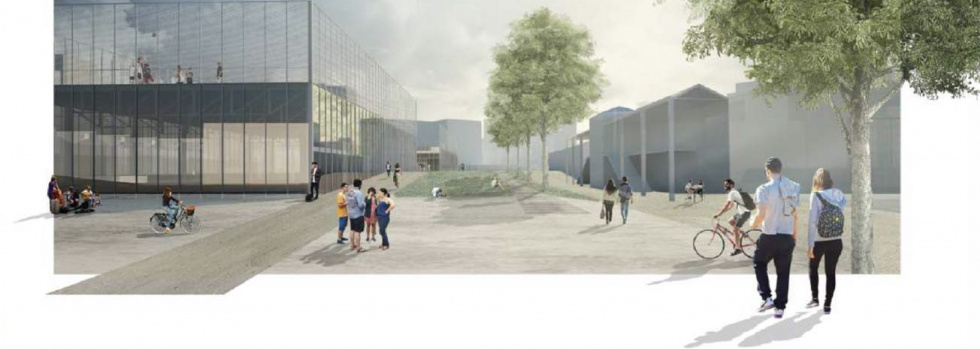Which kind of university?

Put the academic community at the heart
- Choosing to put the academic community at the heart is what represents a new University model, in accordance with its history and origins and represented by Isidore Rabi’s words: ”We are not employees of the university. We are the University."
- This choice goes against the idea of considering the university as a "factory of graduates and research products" or as an "institution which provides services to its users", but leads to conceive the University as an "enabling platform", which allows the various members of the academic community to contribute actively to the mission of knowledge creation and sharing, with effectiveness, efficiency and flexibility
- This orientation leads to: focus on academic freedom, and on individuals as members of the community; the promotion of relationships based on the principle of subsidiarity among the various units of the University; the process agility; the idea that individuals who are appointed to office within the university should serve the community as “firsts among equals”
- A substantial adherence - and not merely formal - to organizational values included in the Code of Ethical Conduct of the University Community and a Code of Behaviour of Politecnico di Torino will be ensured -
- Our University aims to provide its members with a good, open and dynamic environment for study and work, ensuring a high quality of life, from a physical, social and psychological point of view
- Sport will be promoted at different levels, in cooperation with the actors involved (CUS – Centro Universitario Sportivo; University Sport Centre)
Organisation
- Politecnico di Torino is going to suggest appropriate reforms at national level in the pursuit of a total or partial emancipation of universities from the regulations of the Public Administration
- Internal processes will be rationalised and simplified by the mapping and review of paradministrative tasks not strictly related to institutional duties, and by the promotion of digitalised systems. Staff will be directly involved in this process
- Our University will also focus on the technical, administrative and librarian staff to acknowledge their existing competencies and foster their development, by offering them training activities, as well as the opportunity to have access to a variety of work experiences throughout their career
- Open innovation programmes and technology procurement strategies will be implemented
Staff Policies
- Increase in satisfaction, trust, motivation and sense of belonging, through the development of a “sustainable campus”, the implementation of an increasing number of welfare actions, through the promotion of our University’s leading role at local and national levels, through real and widespread career growth opportunities
- Rationalization of the workload of the faculty members to foster better concentration and a peaceful environment for action, through the simplification of procedures and streamlining of red tape, a greater attention to the quality of research, a greater support in the drafting of project proposals, the improvement of working life in the workplace and an increase in the number of faculty members
- Rationalization of the workload of the technical, administrative and librarian staff, through the simplification of procedures and reduction of red tape, the reorganization of working life within the various administrative units, the recruitment of staff required in a number of key sectors and through new sound education paths
- Proactive engagement of those who feel "marginalized" and undervalued through group projects activities, counselling and psychological support
Governance
- To define separate strategic objectives to make sure that the Strategic Plan is implemented at different levels, promoting the platforms where this kind of dialogue takes place, such as the Collegi and the Committee for Research, Technology Transfer and Services to the Community
- To conceive assessment as a strategic effective means of continuous improvement
- To implement a new culture of quality by new integrated tools for ensuring the quality of life within our University and new guidelines for monitoring each of the three university missions
- To define an effective and transparent allocation of human and financial resources, with the aim of ensuring a proper balance between performance-based rewards and the provision of an adequate support for initiatives that adhere to our strategic objectives and are based on robust and convincing plans
Sustainability at our University and the Masterplan
- To embrace the principles of sustainability, consolidating the project of a sustainable campus, led by our University’s Green Team
- The Masterplan, as a forum for dialogue where the spatial rendering of issues, needs and opportunities can be interpreted and that gives a valuable contribution to mediation to the benefit of the governance of our University
- Spatial rendering and planning of our University’s areas, shared, mediated and coordinated with local stakeholders
